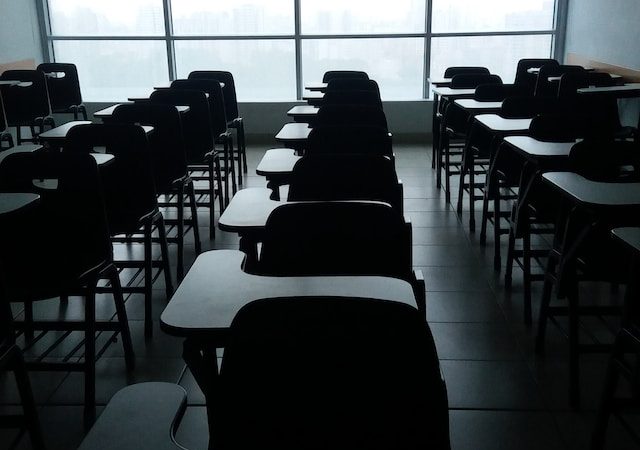Introduction: In a move that has sent shockwaves through the education community, Florida’s decision to reject social studies materials has set in motion a significant transformation of the state’s curriculum. By challenging the status quo and reevaluating the content taught in classrooms, Florida aims to create a more inclusive, accurate, and engaging learning experience for
Introduction:
In a move that has sent shockwaves through the education community, Florida’s decision to reject social studies materials has set in motion a significant transformation of the state’s curriculum. By challenging the status quo and reevaluating the content taught in classrooms, Florida aims to create a more inclusive, accurate, and engaging learning experience for its students. This article explores the implications of Florida’s rejection of social studies materials and the subsequent changes it has sparked, shedding light on the motivations, controversies, and potential outcomes of this bold educational endeavor.
1. A Call for Change: Addressing Biases and Gaps
Florida’s rejection of social studies materials comes in response to concerns about biases and gaps in the existing curriculum. Critics argue that previous materials presented a limited perspective, leaving out important aspects of history and disregarding diverse voices and experiences. The rejection signifies a commitment to rectifying these shortcomings and fostering a more comprehensive understanding of the past.
2. The Rethinking Process: Collaborative Efforts to Enhance Learning
Following the rejection of social studies materials, educators, curriculum developers, and experts have embarked on a collaborative journey to revamp the state’s curriculum. Through extensive research, consultation, and public input, they seek to introduce new materials that address historical inaccuracies, include underrepresented voices, and encourage critical thinking skills among students. This rigorous rethinking process aims to create a curriculum that better reflects the diverse nature of Florida’s population.
3. Controversies and Resistance: Navigating the Path of Change
Unsurprisingly, Florida’s rejection of social studies materials has encountered its fair share of controversies and resistance. Opponents argue that the rejection politicizes education, undermines academic freedom, or represents a revisionist agenda. These concerns highlight the challenges inherent in implementing such transformative changes and the need for open dialogue and careful consideration of different perspectives.
4. Transforming Classroom Experiences: Shaping the Next Generation
The rejection of social studies materials is set to have a profound impact on classroom experiences across the state. Students will be exposed to a more inclusive, accurate, and thought-provoking curriculum that encourages critical analysis and empathy. By addressing biases and filling gaps in the educational materials, Florida seeks to equip its students with a well-rounded understanding of history and social sciences that prepares them for an increasingly diverse and interconnected world.
5. A Model for Educational Reform: Lessons for Other States
Florida’s rejection of social studies materials and subsequent transformation of the curriculum serves as a model for other states grappling with similar challenges. It offers valuable lessons on the importance of ongoing evaluation, the inclusion of diverse perspectives, and the role of public input in shaping educational materials. As other states consider their own curriculum reform, they can draw insights from Florida’s experience and adapt best practices to suit their unique contexts.
Conclusion:
Florida’s rejection of social studies materials represents a bold step towards a more inclusive and comprehensive education system. By challenging biases and addressing gaps in the curriculum, the state aims to create an enriched learning experience that equips students with a deeper understanding of history and social sciences. As the transformation unfolds, it is essential to navigate controversies, engage in open dialogue, and remain committed to the goal of empowering students with knowledge that reflects the richness and complexity of the world around them. The changes in Florida’s curriculum serve as a reminder of the importance of constant evaluation and adaptation to ensure that education remains relevant and meaningful in an ever-evolving society.

















Leave a Comment
Your email address will not be published. Required fields are marked with *